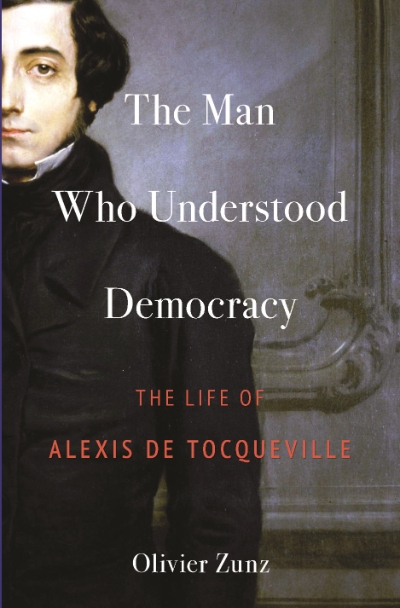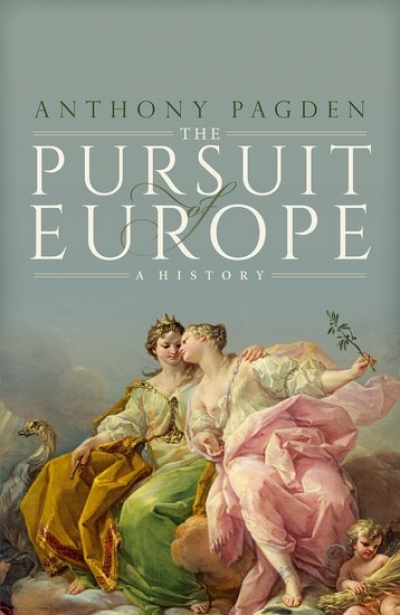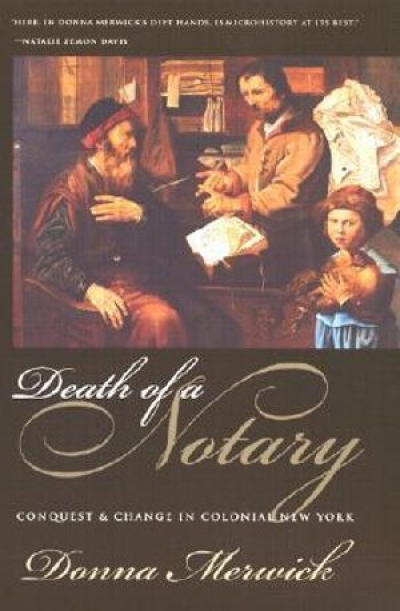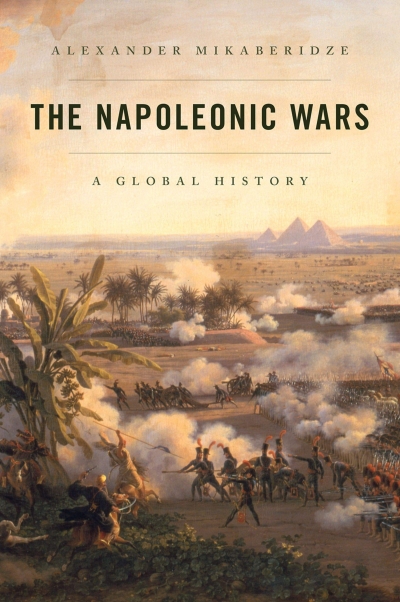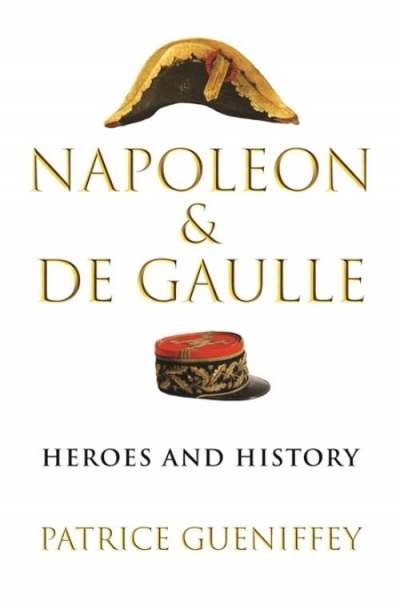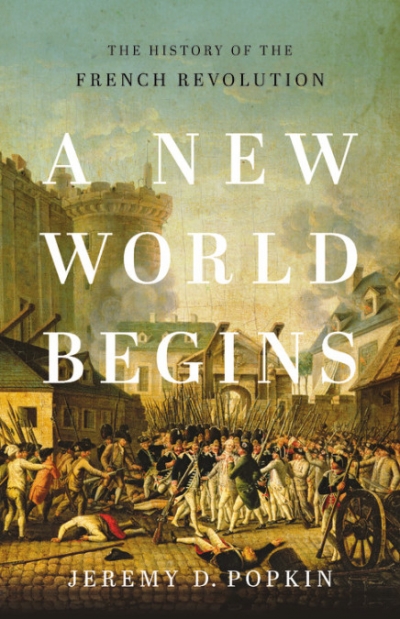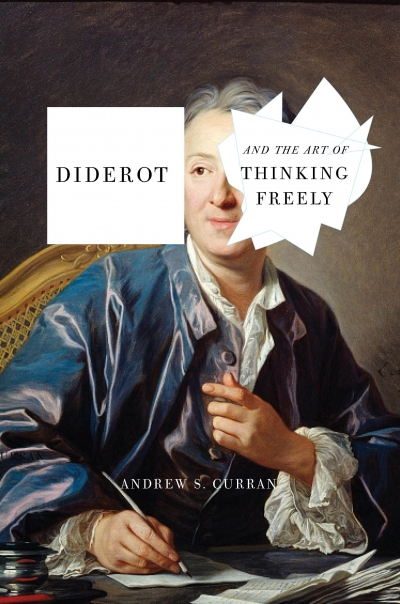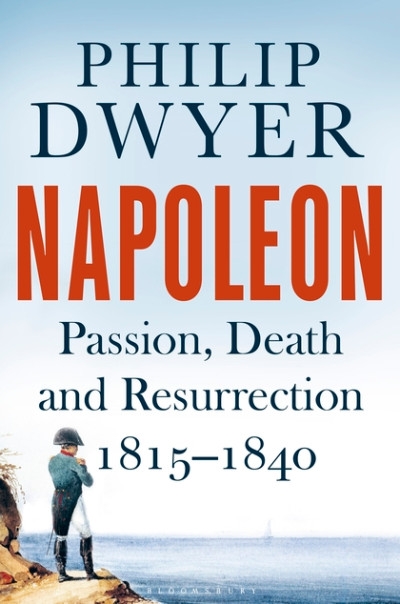Peter McPhee

Peter McPhee was appointed to a Personal Chair in History at the University of Melbourne in 1993. He has published widely on the history of modern France, most recently Robespierre: A revolutionary life (2012); and Liberty or Death: The French Revolution (2016). He was Deputy Vice-Chancellor (Academic) 2003–7 before becoming the University’s first Provost in 2007–9, with responsibility for the design and implementation of the ‘Melbourne Model’. He became a Member of the Order of Australia in 2012. He is currently the Chair of the History Council of Victoria, the state’s peak body for history.
Histories of the origins of the idea of ‘Europe’ have probed the legacies of the Roman Empire, the concept of western Christendom, and the power of the ‘republic of letters’ in the dissemination of ‘Enlightenment’ ideas, culminating in the cosmopolitanism of the early years of the French Revolution. Anthony Pagden is well aware of this heritage but has decided to begin his own study wi ... (read more)
‘He was the only one. He was the only man to have committed suicide in the town’s seventeenth-century history.’ Thus Donna Merwick invites us into this sad and instructive tale about the colonial Dutch world of North America.
On one level, this is the story of Adriaen Janse van Ilpendam, a Dutch schoolmaster and notary based in the small settlement of Beverwijck, later known as Albany, who ... (read more)
Many readers will recall reports of the fire in April 2021 that damaged the University of Cape Town’s library, which, among other riches, housed invaluable collections of unique manuscripts and personal papers, and one of the most extensive African film collections in the world. The extent of the damage is still being assessed. Even worse, the fire that destroyed the National Museum of Brazil in ... (read more)
The French have a term for weighty tomes of scholarship: gros pavés or paving stones. Alexander Mikaberidze has landed his own gros pavé, an extraordinary account of the Napoleonic Wars of 1799–1815 in almost one thousand pages, based on an awe-inspiring knowledge of military and political history and a facility in at least half a dozen languages. The scale of his knowledge is breathtaking.
M ... (read more)
Forty years ago, François Furet outraged the French historical establishment by proclaiming that ‘the French Revolution is over’, launching a blistering critique of the Marxist categories and politics of university historians, many of them still members of the Communist Party he had abandoned in 1959. By the time of the bicentenary in 1989, historians were in bitter dispute over the meaning a ... (read more)
Jeremy D. Popkin, a historian at the University of Kentucky, fittingly begins his account of the French Revolution with a printer in Lexington enthusing in late 1793 about the ideals of the Revolution of 1789 in his Kentucky Almanac. The printer’s geographic distance from the events in Paris meant that his idealistic vision of the Revolution coincided with its most violent and repressive period ... (read more)
Andrew S. Curran recounts the only meeting between the two great philosophes Denis Diderot and Voltaire early in 1778 when Diderot, aged sixty-five, insulted Voltaire, then eighty-five, by averring that contemporary playwrights (including, by implication, the two of them) would not brush Shakespeare’s testicles if they walked between his legs. Two months later, Voltaire was dead; a few weeks lat ... (read more)
A son of the French Revolution, Napoleon embedded in French society the Revolution’s core goals of national unity, civil equality, a hierarchy based on merit and achievement, and a rural society based on private property rather than feudal obligations. To these he added the Civil Code, the Bank of France, and other reforms, but he was never able to establish a stable political regime, primarily ... (read more)

